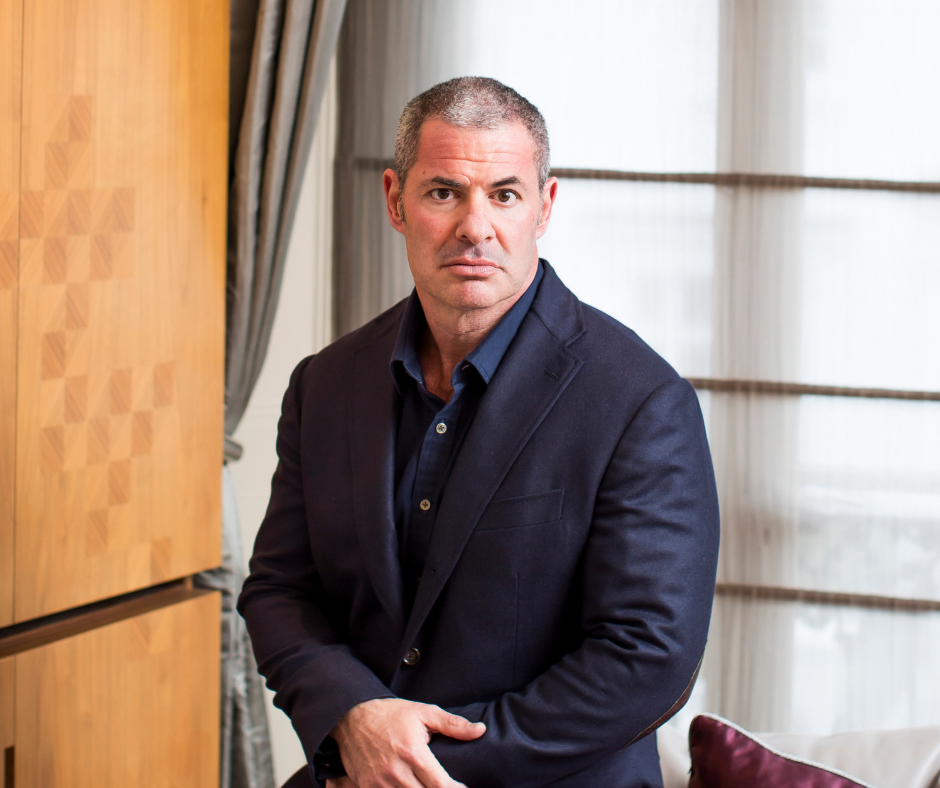Startups and established businesses rely on working capital to facilitate overhead costs, growth, and other business activities. Unfortunately, access to business capital isn’t an easy task. For instance, only 31% of startups were approved for funding in 2021. While most businesses prefer taking business loans, personal loans are a perfect alternative for entrepreneurs who can’t meet the qualifications for business loans.
Even with a steady income, a high credit score, including a business credit score, and more time in business, meeting the qualification threshold for business loans is difficult, especially for startups. Personal loans, such as My Canada Payday loans, allow businesses to bypass some restrictions.
How to Use Personal Loans for Business
Unless your lender has restrictions on how to use personal loans for business, you can use approved personal loans for all business activities. Below are a few ways entrepreneurs can use personal loans for business.
1. Meet Startup Costs
Most lenders consider your time in business, business credit score, and annual revenue before approving business loans. If you own an established business, this shouldn’t be an issue. However, traditional business loans aren’t a viable option if you are starting your business and need seed capital to grow your venture.
Personal loans are a perfect option for starting businesses. Similarly, lenders consider your credit score, monthly income, and several other factors when making a determination. You can easily qualify for personal loans for your business if you have a good credit history, a steady monthly income, and a low debt-to-income ratio. You can use the loan to meet startup costs, such as purchasing inventory, paying for the lease, insurance and permits, and employee onboarding expenses.
2. Marketing and Advertising Costs
Marketing campaigns for modern-day businesses go beyond newspaper ads and flyers. You should embrace modern marketing strategies, such as social media marketing, pay-per-click ads, and TV advertising for your business. Regardless of your preferred marketing strategy, you need enough funds to run these campaigns. You can take out a personal loan to cover the costs of hiring a marketing agency and other marketing activities.
3. Business Expansion
Personal loans can also cover your business expansion strategy, especially for new businesses and established businesses that can’t qualify for business loans. This includes the costs of acquiring competing businesses, improving business facilities, and expanding your real estate.
4. Inventory and Supplies
Your business inventory can make or break customer trust. You should have sufficient inventory for efficient operations. You might need additional funding for inventory and supplies in cases of emergencies or seasonal increases in demand.
5. Equipment Purchase
Every business needs functional equipment before beginning its operations. Business equipment may also fail or break down without notice. While you can use equipment financing to cover these costs, your business may fail short of its requirements. The best option is taking a personal loan for equipment purchase. You can use funds from personal loans to purchase POS systems, furniture, HVAC units, solar panels, and other business equipment.
When to Use Personal Loans for Business
While you can use personal loans for business activities, when should you consider this loan option? Personal loans for business can make sense in specific situations, such as:
● If you are starting the business – If your business is in its first stages and hasn’t begun its operations, you won’t qualify for a business loan. A personal loan is the best option to fund your startup costs.
● If you don’t qualify for business financing – If you have opened your business but can’t qualify for business loans due to low revenue or minimal time in business, a personal loan can cover overhead costs.
● If your business is in a risky industry – Most lenders don’t approve business loans for businesses in risky industries. If your business activities are considered risky, opt for personal loans, which are tied to your creditworthiness.
● If you want less costly loans – Personal loans are essentially less expensive. If you have a good credit history and a low debt-to-income ratio, you should consider personal loans for their low rates and fees.
Taking a personal loan to fund your business for the above reasons makes sense. However, there are situations where other financial products are suitable. For instance, you should avoid personal loans if your business requires a lot of capital or if you intend to apply for a mortgage or car loan in the future. Using a personal loan for business increases your debt-to-income ratio, making it difficult for lenders to approve you for future personal financing.
Endnote
Using personal loans for business is increasingly becoming a popular option. Business owners prefer personal loans because they offer flexible funding, are unsecured, have competitive interest rates, faster approval rates, and minimal requirements. However, they are a personal liability. This means your property and assets will be on the hook, and personal credit can suffer if your business fails to honor the payments.
Related Posts




